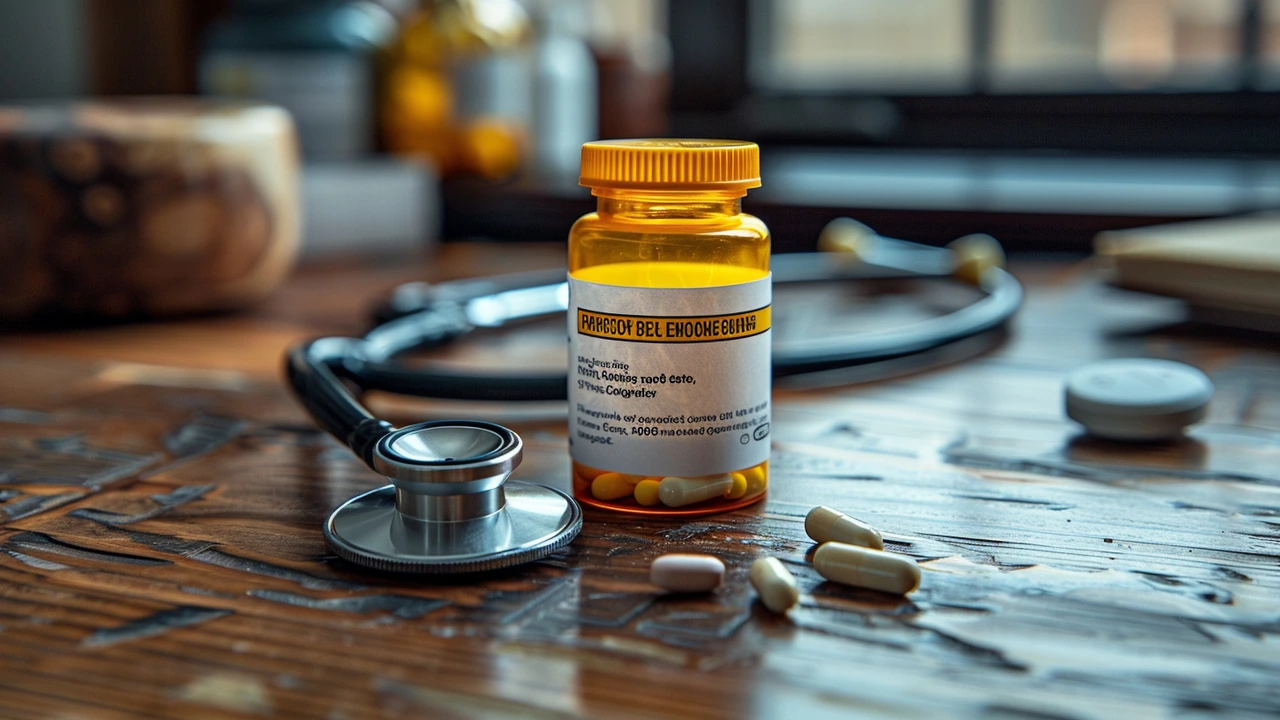Hydroxychloroquine
Hydroxychloroquine is a prescription medicine used to treat malaria, lupus, and rheumatoid arthritis. It helps reduce inflammation and changes how immune cells work. Doctors prescribe it when other medicines help but they need a long term, low dose option for autoimmune conditions. It comes as oral tablets and is usually taken once or twice daily depending on the condition and dose.
Hydroxychloroquine works by interfering with immune signals and lowering the activity of cells that cause inflammation. That action helps control symptoms like joint pain, rashes, and fatigue in lupus and RA. For malaria, it targets parasites that invade red blood cells and stops their growth.
Typical dosing varies. For autoimmune conditions doctors often use 200 to 400 mg per day, adjusted for body weight. A safe long term strategy keeps daily dose below about 5 mg per kilogram of actual body weight to reduce eye risks. Before starting, you should get a baseline eye exam. Regular eye checks are recommended, usually yearly after five years of treatment or sooner if you have risk factors.
Common side effects include nausea, headache, stomach upset, and mild skin rashes. Most people tolerate the drug well, but watch for vision changes like blurring, difficulty reading, or dark spots. Serious but rare problems include retinal damage and heart rhythm changes. If you notice palpitations, dizziness, fainting, or sudden vision loss, stop the drug and contact your provider immediately.
Hydroxychloroquine can interact with other drugs. Combining it with medicines that prolong the QT interval, like some antibiotics or antipsychotics, raises heart risk. Tell your doctor about all medicines, supplements, and herbal products you take. Pregnancy and breastfeeding need special discussion with your clinician; many specialists manage autoimmune disease during pregnancy but dose and timing matter.
During the COVID-19 pandemic hydroxychloroquine received lots of attention. Later large clinical trials showed it did not reduce severe COVID outcomes and raised safety concerns when used without monitoring. Major health authorities do not recommend it for COVID treatment outside clinical trials. Follow current local guidance and trust your healthcare team for advice.
Quick tips: always use hydroxychloroquine under a prescriber’s instruction, keep follow up eye exams, report any new symptoms, and avoid mixing it with other QT drugs unless told to by your doctor. If you plan travel for malaria areas, get the right regimen before you go. Keep a list of your medicines and show it at every visit.
If you have questions about whether hydroxychloroquine is right for you, talk with a pharmacist or doctor. They can review your history, run needed tests, and set a safe monitoring plan.
Common monitoring tests include baseline retinal photos or optical coherence tomography and periodic vision checks. Your doctor may check liver enzymes and heart rhythm if needed. Avoid self-medicating because of headlines. Store medicine at room temperature away from moisture. If you miss a dose, take it when you remember unless the next dose is near; do not double up without medical advice. Ask your healthcare team questions.
Hydroxychloroquine: Uses, Dosing, Side Effects, and Safety Guide (2025)
Clear, evidence-based guide to hydroxychloroquine in 2025: what it is, who should use it, dosing, side effects, eye safety, malaria roles, and what it’s not.
MoreHydroxychloroquine in Rheumatoid Arthritis Treatment: Efficacy and Usage Guide
Hydroxychloroquine, initially a malaria drug, has become a cornerstone in treating Rheumatoid Arthritis due to its anti-inflammatory effects. This article explores its mechanism, dosage, benefits, and potential risks, emphasizing the importance of monitoring and regular consultations.
More

